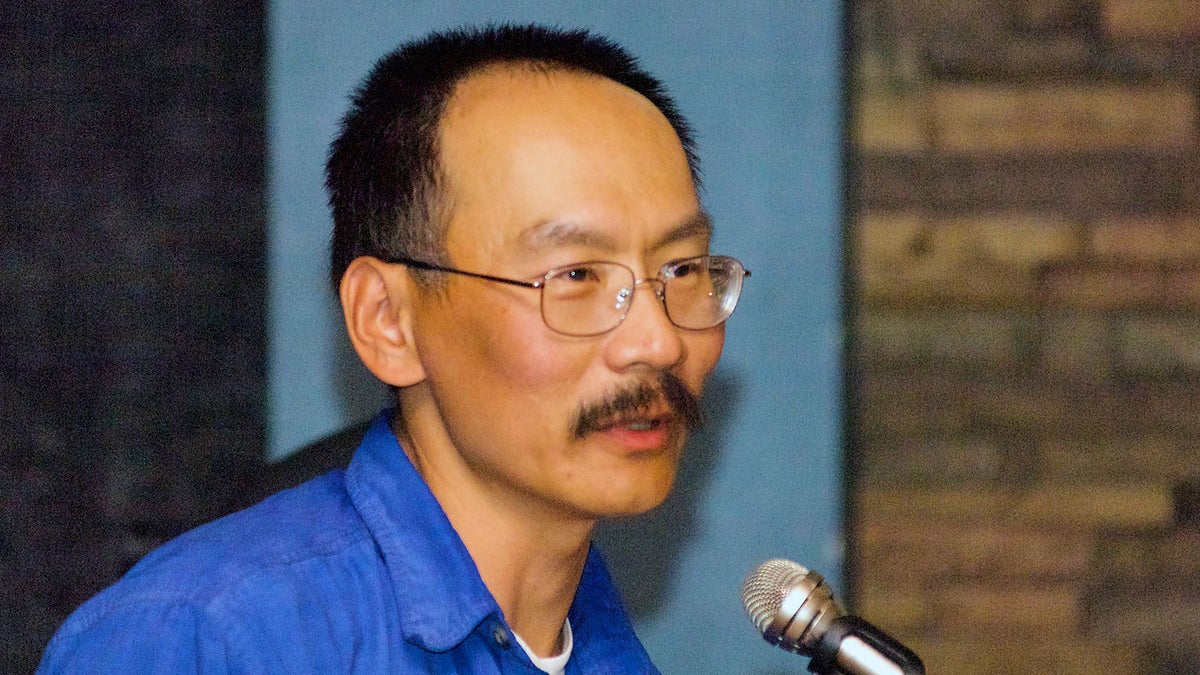Serving jury duty can take a real toll, says serial juror

Several years ago at a murder trial, my first time in the jury box, I held in my hand the piece of lead that took the life of a man.
Every time I remember my physical revulsion in that moment, I hold back a shudder. I remember the need that arose to be held and swaddled and told that everything is going to be OK.
Several years ago at a murder trial, my first time in the jury box, I held in my hand the piece of lead that took the life of a man.
I shuddered and felt a kick in my head when I saw that flattened and crinkled thing, like a large cornflake, in its little plastic bio-hazard bag. We passed it around then as if it were a curio, this spent bullet dug out of the skull of a man who, the medical examiner told us, was “dead before he hit the ground, as evidenced by how his teeth punched through his upper lip when he hit.”
I had spent three years as an infantryman in the peacetime U.S. Army many years prior, and I was familiar with what firearms could do. I had just never dug out any of the bullets. All I knew of the “murder slug” was what I saw on TV.
Now every time I remember my physical revulsion in that moment in the jury box, I hold back a shudder. I remember the need that arose to be held and swaddled and told that everything is going to be OK.
This year I served on my third jury. It was a child rape case.
Duty of citizenship
I do not relish participating in this system of justice. I serve because of the legal ramifications of refusal, because of the fines and punishments, because I am compelled by the court and because it is a duty of citizenship. Still, it is as reasonably balanced a system as can be built within our human society.
Despite having once worked at a residential facility that provides care to children who have been abused by their parents or the system, I was selected for the jury.
Cases of sexual abuse are not uncommon in my line of work, but my experience on that trial was excruciating and would have been completely traumatic had it not been for the other smart and dutiful Philadelphians (11 other jurors and two alternates) who went through it with me.
It was natural to want to talk about and share the burden of sitting on this trial, but I couldn’t. First of all, the court orders us to keep it all inside until jury deliberations. Also, I would have felt tremendous guilt unloading all the details of the case on my friends.
Does the gag ever come off?
Over the course of a trial, we must dance around the normal tendency to talk about what happened in our day, but maintaining a fair system overrides our normal human needs.
When Maiken Scott asked me to talk about jury duty for her report, I was able to address her as a reporter, not a friend and former colleague, so I got some relief — I just hope I did not unduly weigh her down with my experiences.
I hope Maiken’s story on the trauma, the burden, and the duty to meet the demands of jury duty will go a long way toward better understanding the needs of people who must fulfill this civic requirement.
Of all the awful things that can happen to us fragile human creatures, sitting on a murder trial is not the most serious. But many of us don’t get chosen for juries in the sometimes random-seeming administrative process of selection. Many of us figure out ways of avoiding selection. So it can be an unfair burden for those who do dutifully appear before the court when summoned.—David Woo is a former employee of WHYY.
WHYY is your source for fact-based, in-depth journalism and information. As a nonprofit organization, we rely on financial support from readers like you. Please give today.

